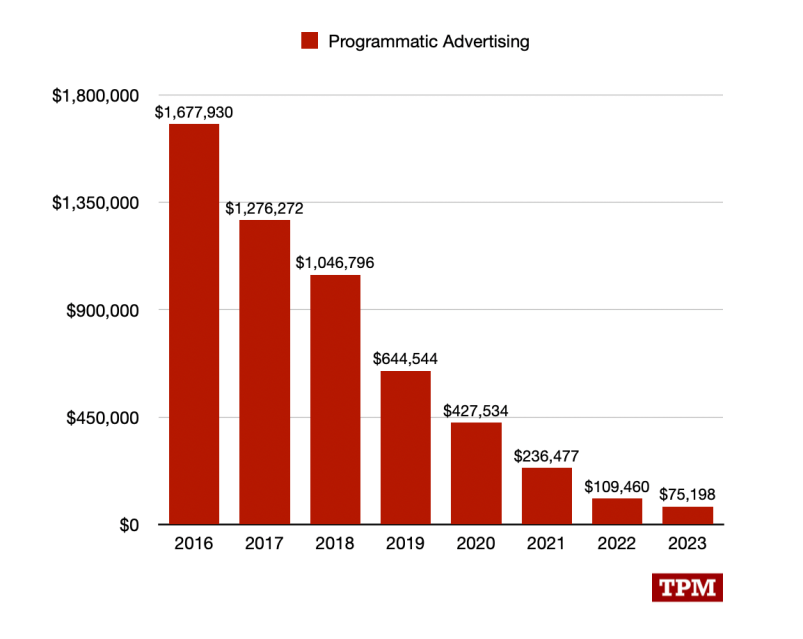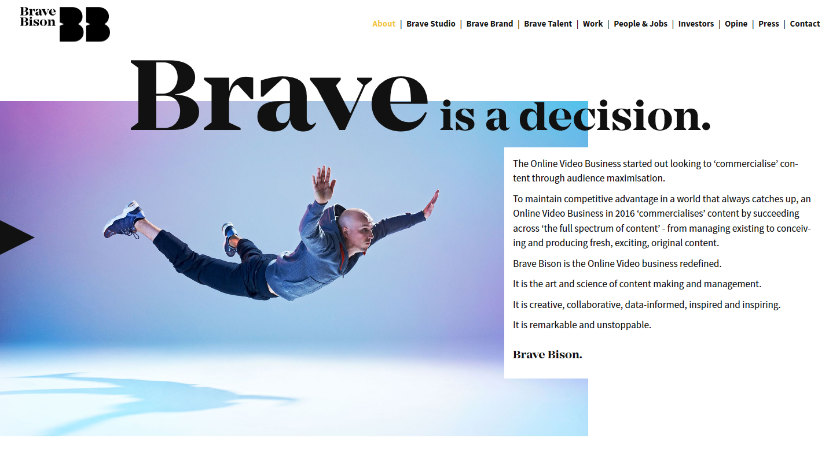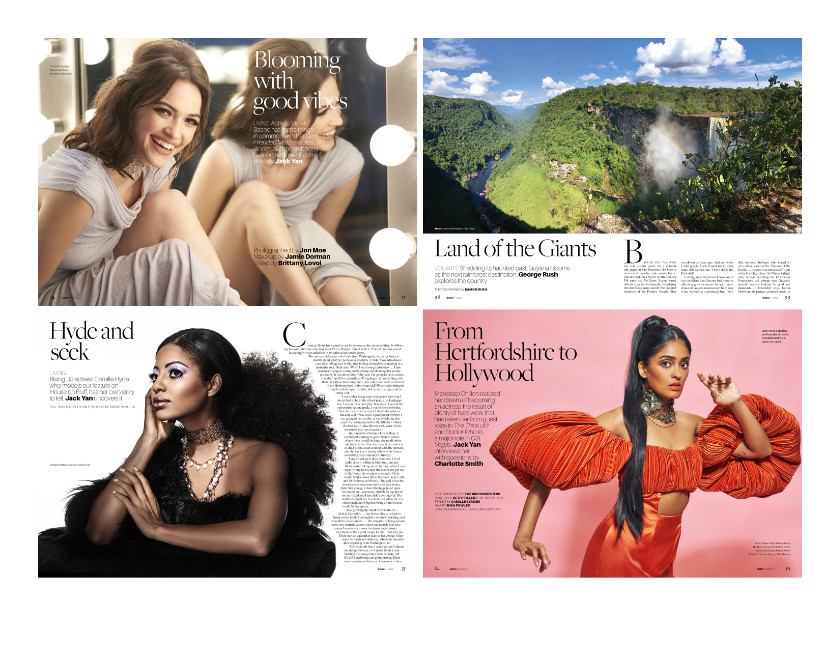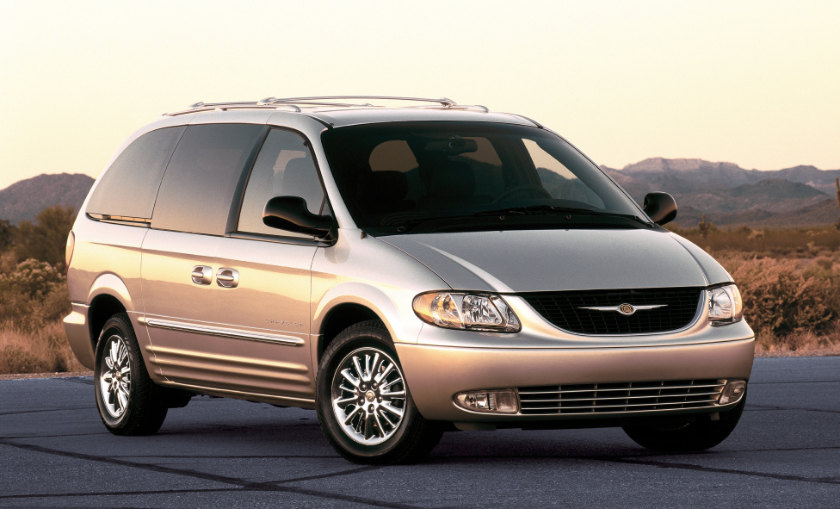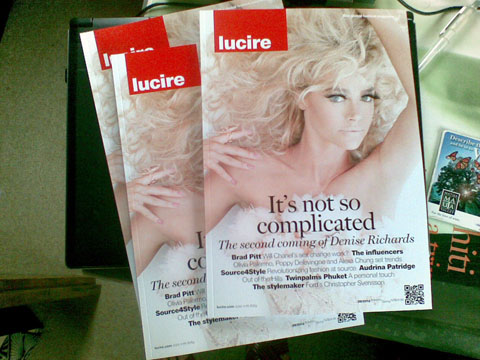Megan McArdle’s excellent op–ed in The Washington Post, ‘A farewell to free journalism’, has been bookmarked on my phone for months. It’s a very good summary of where things are for digital media, and how the advent of Google and Facebook along with the democratization of the internet have reduced online advertising income to a pittance. There’s native advertising, of course, which Lucire and Lucire Men indulged in for a few years in the 2010s, and I remain a fan of it in terms of what it paid, but McArdle’s piece is a stark reminder of the real world: there ain’t enough of it to keep every newsroom funded.
I’ll also say that I have been very tempted over the last year or two to start locking away some of Lucire’s 21 years of content behind a paywall, but part of me has a romantic notion (and you can see it in McArdle’s own writing) that information deserves to be free.
Everyone should get a slice of the pie if they are putting up free content along with slots for Doubleclick ads, for instance, and those advertising networks operate on merit: get enough qualified visitors (and they do know who they are, since very few people opt out; in Facebook’s case opting out actually does nothing and they continue to track your preferences) and they’ll feed the ads through accordingly, whether you own a “real” publication or not.
It wasn’t that long ago, however, when more premium ad networks worked with premium media, leaving Google’s Adsense to operate among amateurs. It felt like a two-tier ad market. Those days are long gone, since plenty of people were quite happy to pay the cheap rates for the latter.
It’s why my loyal Desktop readers who took in my typography column every month between 1996 and 2010 do not see me there any more: we columnists were let go when the business model changed.
All of this can exacerbate an already tricky situation, as the worse funded independent media get, the less likely we can afford to offer decent journalism, biasing the playing field in favour of corporate media that have deeper pockets. Google, as we have seen, no longer ranks media on merit, either: since they and Facebook control half of all online advertising revenue, and over 60 per cent in the US, it’s not in their interests to send readers to the most meritorious. It’s in their interests to send readers to the media with the deeper pockets and scalable servers that can handle large amounts of traffic with a lot of Google ads, so they make more money.
It’s yet another reason to look at alternatives to Google if you wish to seek out decent independent media and support non-corporate voices. However, even my favoured search engine, Duck Duck Go, doesn’t have a specific news service, though it’s still a start.
In our case, if we didn’t have a print edition as well as a web one, then online-only mightn’t be worthwhile sans paywall.
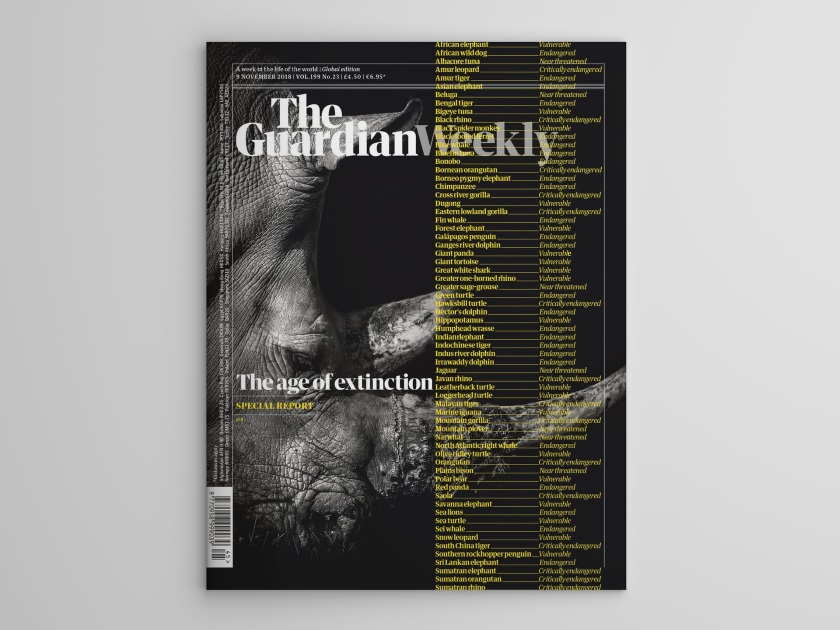
Tonight I was interested to see The Guardian Weekly in magazine format, a switch that happened on October 10.
It’s a move that I predicted over a decade ago, when I said that magazines should occupy a ‘soft-cover coffee-table book’ niche (which is what the local edition of Lucire aims to do) and traditional newspapers could take the area occupied by the likes of Time and Newsweek.
With the improvement in printing presses and the price of lightweight gloss paper it seemed a logical move. Add to changing reader habits—the same ones that drove the death of the broadsheet format in the UK—and the evolution of editorial and graphic design, I couldn’t see it heading any other way. Consequently, I think The Guardian will do rather well.
